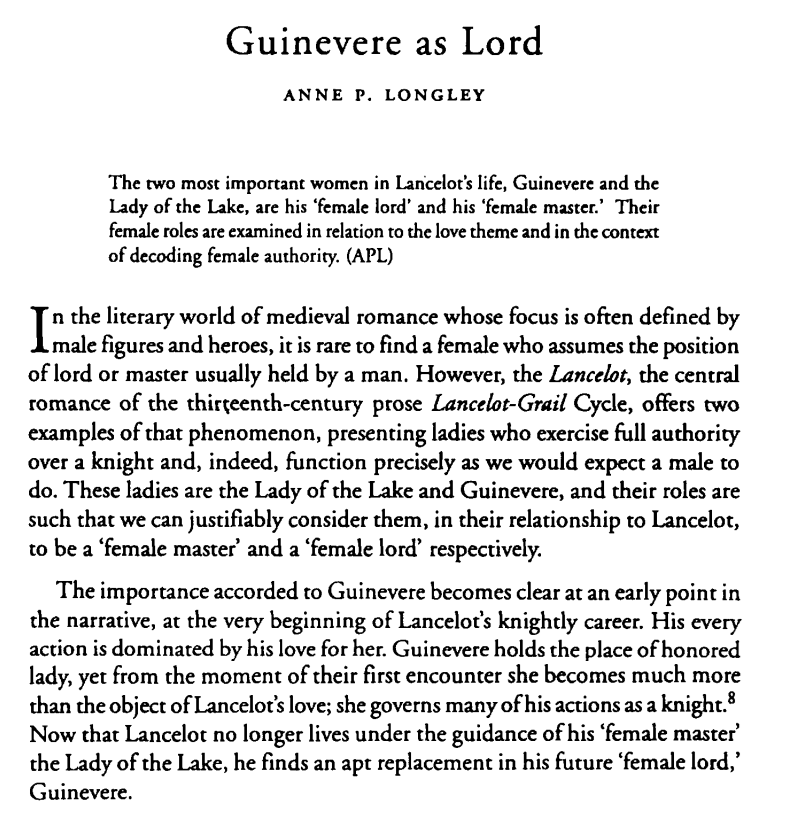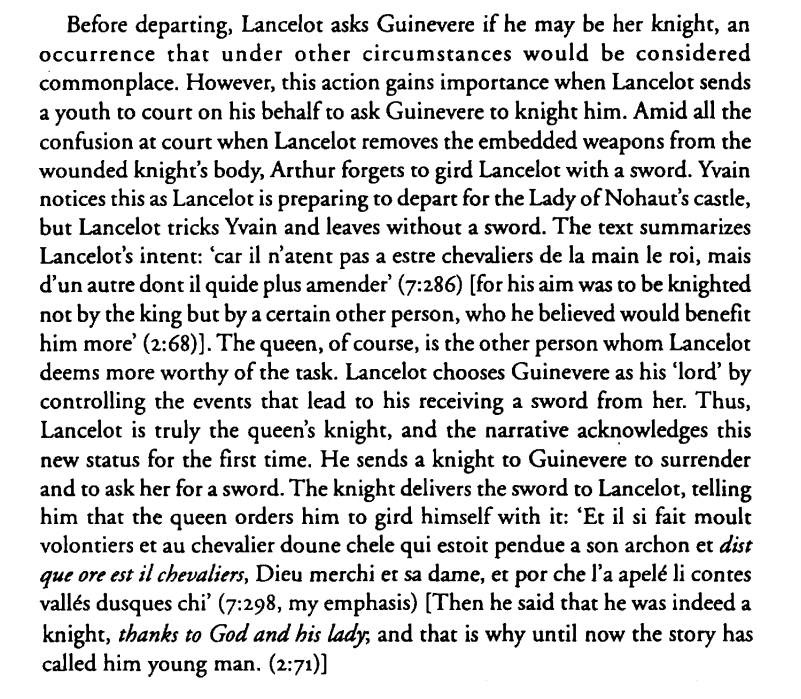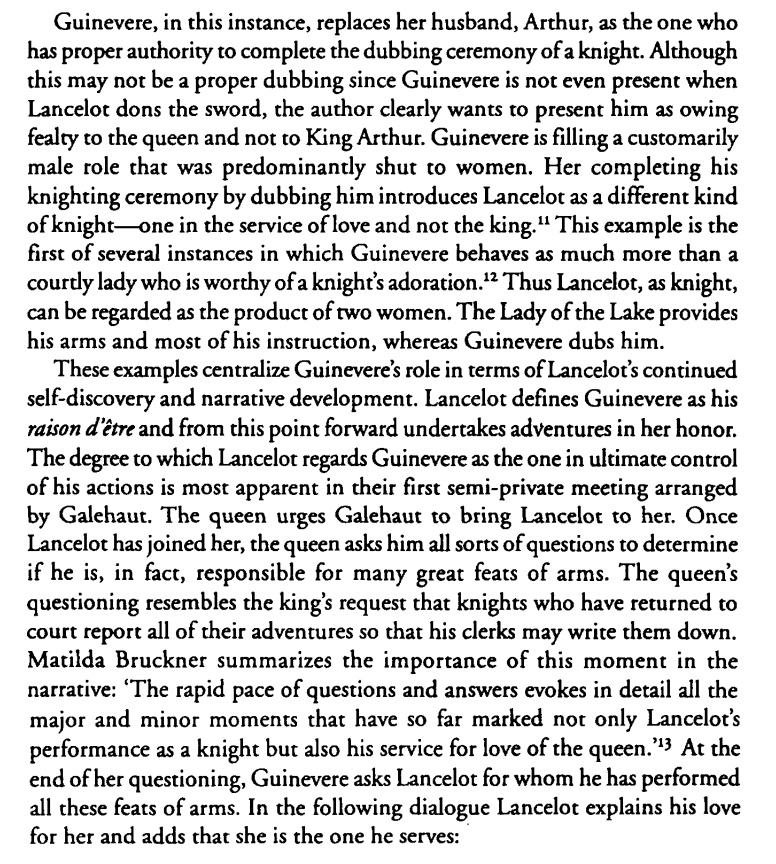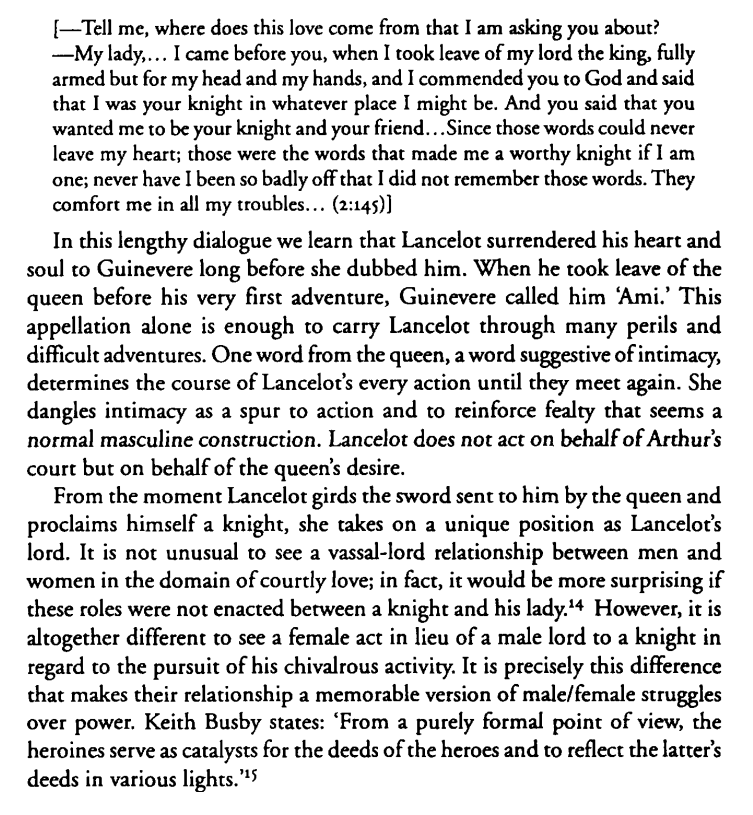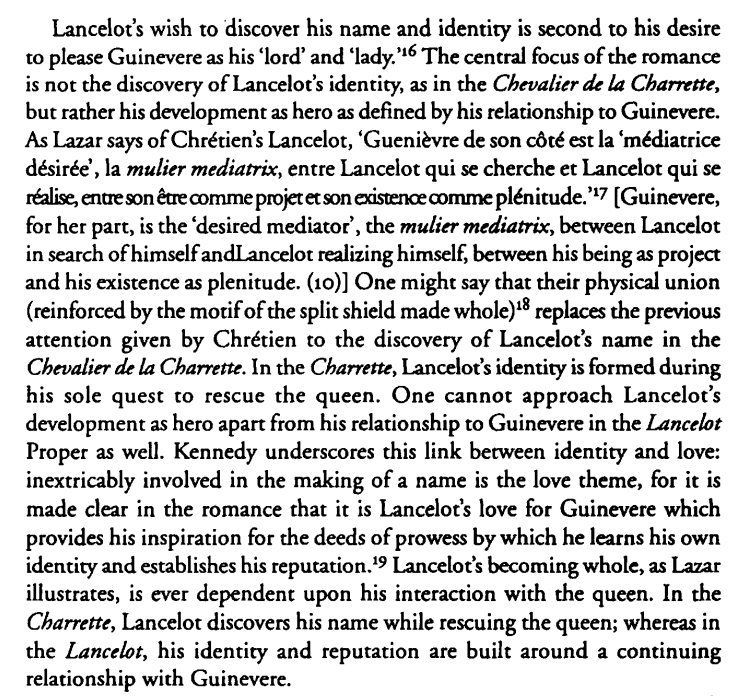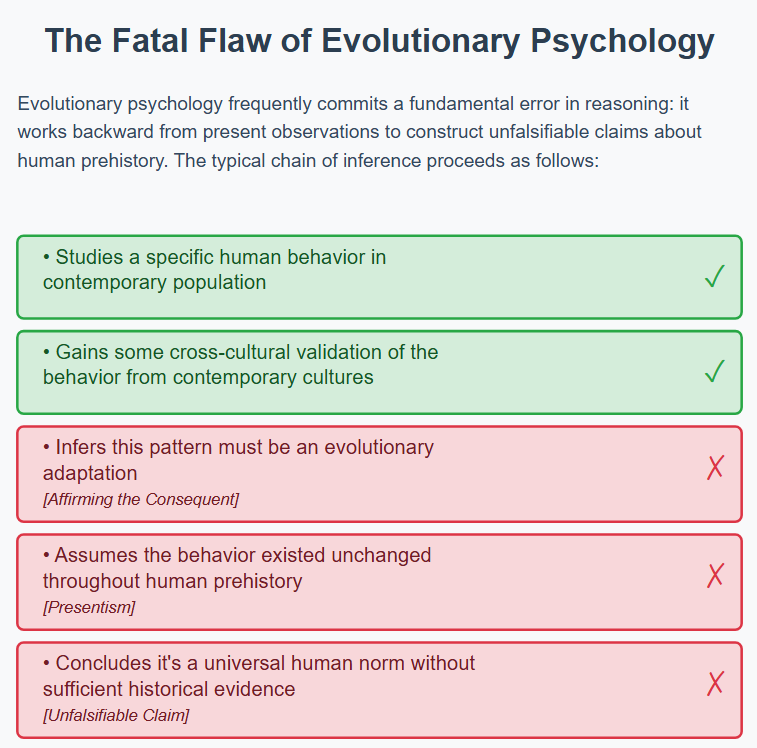When a group is culturally centered and treated as morally primary, that position becomes invisible and is experienced as normal rather than privileged. Over time, this creates entitlement without conscious intent. When equality or accountability is introduced, it is perceived not as balance but as loss. Because loss is processed emotionally before it is processed rationally, the response is framed as harm. This harm is then moralized and expressed as oppression. In cultures where gynocentrism is the moral baseline, feminism functions not as a corrective to oppression, but as a narcissistic defense system that protects perceived entitlement by converting loss of special status into victimhood.
Gynocentrism, Narcissistic Injury, and the Illusion of Oppression
One of the most persistent claims in modern discourse is that women are systemically oppressed by men. This claim is treated as self-evident, morally unquestionable, and foundational to feminism. Yet when examined empirically, the claim repeatedly fails to hold up. Legal systems, social norms, education, healthcare, and public sympathy overwhelmingly favor women in most modern Western societies. This raises an obvious question. If men are not empirically oppressing women, why does feminism experience equality and accountability as oppression?
The answer does not lie in policy or statistics. It lies in psychology.
Gynocentrism is not an ideology in the way feminism is an ideology. It is a cultural orientation. It places women at the moral center of society, treats their needs as inherently more urgent, and frames their suffering as uniquely meaningful. Because this orientation is ambient and inherited, it is not experienced as privilege. It is experienced as reality itself. What is centered feels neutral. What is favored feels deserved.
When a group grows accustomed to being morally prioritized, that prioritization becomes part of identity. Expectations form around it. Deference is assumed. Protection is automatic. Accountability is softened or externalized. This is not because individuals are malicious, but because systems train perception long before conscious thought occurs.
When equality is introduced into such a system, it does not feel like fairness. It feels like loss. Psychological research consistently shows that human beings experience loss more intensely than gain. Loss triggers threat responses. Threat responses seek moral justification. The mind then reframes loss as harm, and harm as injustice.
This is where narcissistic pathology enters the picture.
Narcissism, at its core, is not vanity. It is entitlement fused with fragility. It is the inability to tolerate loss of special status without reframing oneself as a victim. When boundaries are enforced, they are perceived as abuse. When standards are applied evenly, they are perceived as punishment. When attention is shared, it is perceived as erasure.
Cultural gynocentrism creates the perfect conditions for this pathology to operate at scale. Because women are culturally framed as victims by default, any reduction in privilege can be interpreted as renewed oppression. Because men are framed as moral agents rather than moral patients, male suffering is minimized or ignored. Because the system already presumes male guilt and female innocence, evidence becomes secondary to narrative.
Feminism, in this context, functions less as a liberation movement and more as a psychological defense structure. It protects entitlement by moralizing discomfort. It converts equality into aggression. It reframes accountability as misogyny. It does not need to prove oppression empirically, because oppression is felt emotionally, and feeling is treated as proof.
This explains several otherwise puzzling features of feminist discourse. It explains why contradictory claims coexist without friction. It explains why data is dismissed as irrelevant or hostile. It explains why male suffering is either denied or reframed as deserved. Most importantly, it explains why any challenge to feminist narratives is met not with debate, but with moral outrage.
The outrage is not strategic. It is defensive.
When a system is built around moral asymmetry, symmetry feels violent. When one group has been protected from responsibility, responsibility feels cruel. When privilege has been mistaken for a right, losing it feels like theft.
This is why feminism often reacts to egalitarian arguments as though they are attacks. It is not responding to the content of the argument. It is responding to a perceived existential threat to status and identity. In that sense, feminism mirrors the very structures it claims to oppose. It maintains power not through force, but through moral framing. It preserves dominance not by argument, but by redefining resistance as harm.
Understanding this does not require hostility or moral condemnation. It requires clarity.
If gynocentrism is the cultural baseline, then feminism is not correcting oppression. It is protecting a centered position from being equalized. The resulting narrative of victimhood is not evidence of injustice. It is evidence of narcissistic injury triggered by the loss of unearned moral priority.
Once this mechanism is seen clearly, much of the modern gender debate stops being confusing. The contradictions resolve. The emotional intensity makes sense. The refusal to engage evidence becomes predictable.
What remains is not a mystery of power, but a problem of perception.
_________________________________________________
**This guest post submitted by Alex Sharpe, who goes by the moniker shadowclaw87 on X.com

